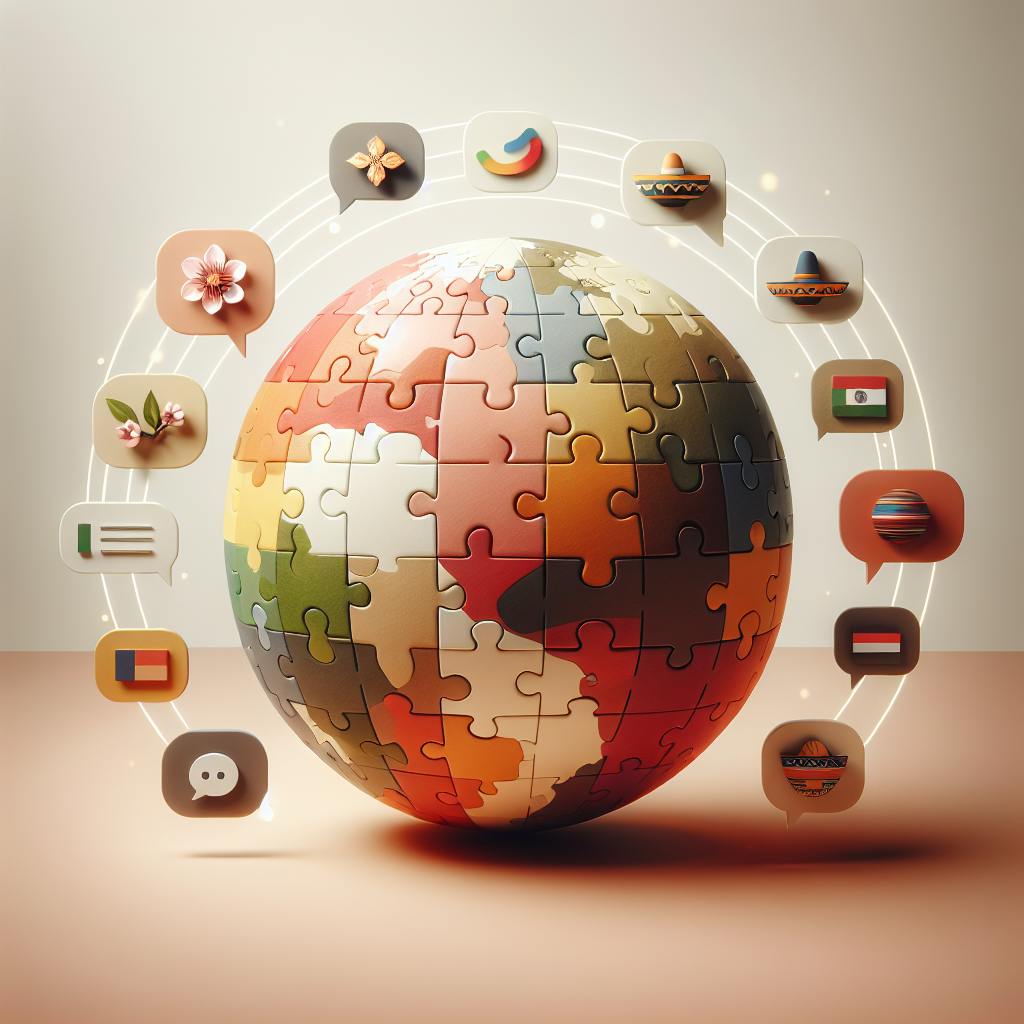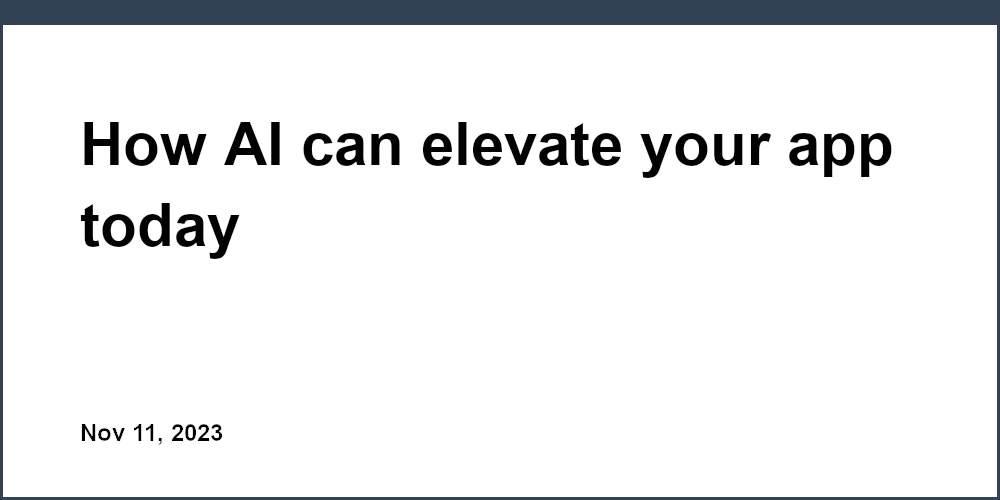Unlocking Exponential Potential with Open AI
ChatGPT's launch has sparked tremendous excitement about AI's potential to transform how we work and live. Its advanced natural language capabilities allow fluid conversations on nearly any topic - a remarkable achievement showcasing the rapid progress in AI. However, as an impartial assistant focused on harmlessness, ChatGPT also faces clear limitations. Its knowledge cuts off in 2021. It lacks true subject matter expertise to provide actionable advice. This is where the emerging open AI ecosystem comes in, enabling developers to create specialized bots overcoming these constraints.
Productivity bots trained on scheduling data can excel at calendaring tasks. Industry-specific bots leveraging financial corpora provide investment guidance. By narrowing scope but amplifying insight within targeted use cases, these open AI agents promise to unlock exponential potential. Organizations like Anthropic, You.com, and Character.AI lead the charge alongside talented developers collaborating openly on GitHub. The open ecosystem refers to chatbots built using publicly available AI architectures with permissive licensing, fostering rapid innovation.
Bots carry licenses like AGPL, MIT or Creative Commons, enabling commercialization while requiring open sourcing for continued progress. Some early standouts address gaming, software programming, academic research, marketing analytics, and psychological counseling - but this only scratches the surface of what's possible. By integrating the right open AI bot tailor-made for your needs into ChatGPT, you can achieve incredible things. This guide will help you navigate the options.
Evaluating Your Needs and the Bot Landscape
With an overwhelming array of early bots available, identifying one well-aligned to your goals can feel daunting. Start by clearly defining your use cases and must-have capabilities. Consider productivity and efficiency goals, desired areas of subject matter expertise, target interaction styles, and integrations with existing tools and workflows. Outline the specifics before assessing your options.
We can segment the open bot ecosystem into categories like general knowledge, creativity, analysis, productivity, counseling, gaming or domain specialties like finance, software engineering, marketing and more. Some key emerging players show the art of the possible:
- Claude (Anthropic) - Generalist assistant focused on harmless, honest and helpful dialog
- Character.AI - Virtual assistants specializing in emotionally-intelligent conversations
- You.com - Expertise search leveraging collective intelligence
- Anthropic Assistant - Specializing in scheduling meetings and calendaring
Use these early examples as inspiration while determining your own wish list. With clear needs defined, you can then effectively evaluate bots against important criteria:
Training Data & Methods - Transparency into data sources, size, and cleaning processes is crucial, along with details on the algorithms utilized. High quality data tailored to use cases produces superior results.
Specialization Fit - Assess how narrowly focused a bot is for your needs vs. being a generalist. Specialized bots within target domains will provide more relevant, actionable guidance.
Licensing & Commercialization - Preferred licenses enabling derivatives include AGPL, MIT, and Creative Commons. Review permissions before integrating bots into products/services.
Developer Reputation - Factor in developer experience in AI and track record releasing quality bots. Leverage community reviews and recommendations.
Privacy Protections- Evaluate available settings controlling data access, retention and sharing. More control is ideal for privacy-focused users.
Personality & Workstyles - Test bots conversationally to assess communication styles and knowledge gaps. Some will align better to individual preferences.
Identify 2-3 top contender bots for further evaluation. Dig deeper through conversational testing to determine competency levels for your goals. Documentation should provide integration guidance to embed the agents into ChatGPT accounts, unlocking their potential.
Joining the Open Community to Shape the Future
While early limitations exist, rapid open AI progress promises to unlock game-changing potential across industries and domains. By integrating the right bot tailor-made for specific use cases into ChatGPT, exponential value can be created. We invite you to join the developer community pushing boundaries daily.
Imagine an open collective of specialized bots connected through an AI substrate like ChatGPT - financial advisors, therapists, educators, personal trainers and more. The possibilities are endless. Evaluating your needs, exploring available options through an open AI directory and selecting custom bots purpose-built for critical tasks can setup this foundation for future exponential growth.
Now is the time to get started and contribute to building this virtuous cycle advancing open AI progress through sharing, iteration and transparency. The opportunity exists to fundamentally transform how we work and live with AI. Identify where open bots can supercharge efficiency in your daily tasks and integrate one today using our recommendations in this guide. The future remains unwritten, but we have the tools to positively shape its trajectory.


